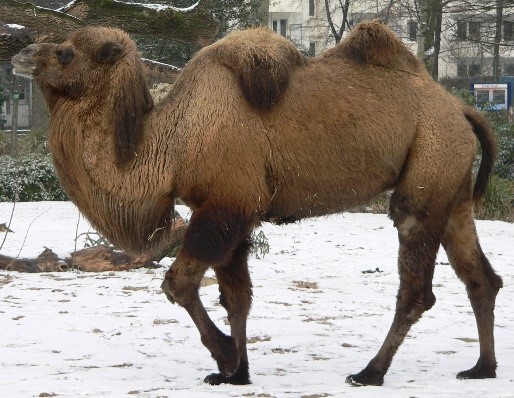Free Courses Sale ends Soon, Get It Now


Free Courses Sale ends Soon, Get It Now



Disclaimer: Copyright infringement not intended.
Context
All about Camelids
Importance of Camelids
Objective of The International Year of Camelids 2024
|
PRACTICE QUESTION Q. Consider the following statements: 1. The United Nations has declared 2024 the International Year Of Camelids. 2. Camelids are large, strictly herbivorous animals. 3. Camelids have a unique type of antibodies that have pharmaceutical applications. Which of the above statements is/are incorrect? A) 1 and 3 only B) 2 only C) All D) None Answer: D) None |
© 2024 iasgyan. All right reserved